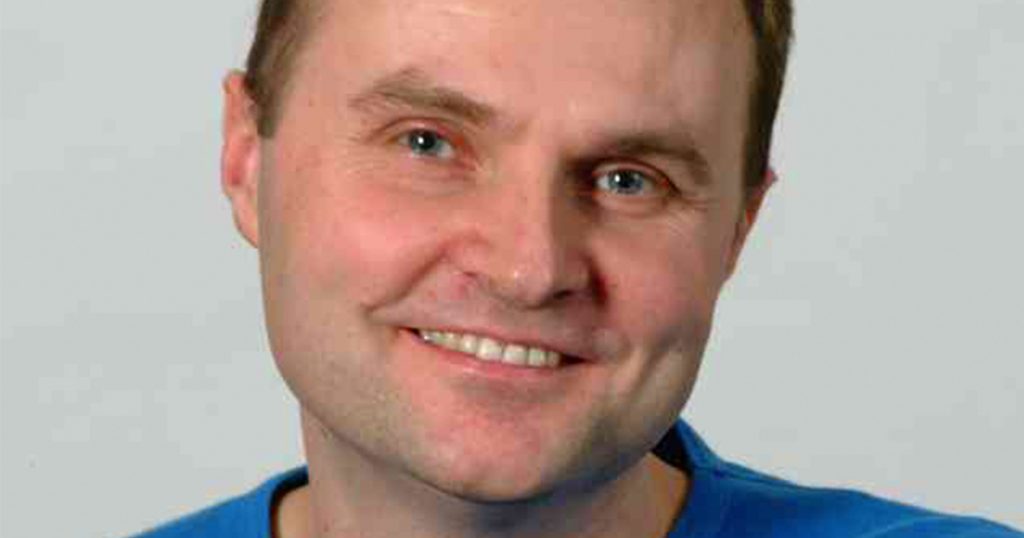
What does it take to become Sussex’s Vice-Chancellor?
Ever wondered what’s in between you and that £295,000 pay packet?
A few weeks ago, I discovered that my true calling is to become a university Vice-Chancellor. I’d like to say that this revelation came to me when I realised that I was put on this Earth to do great things for the higher education sector, but really it was because The Tab revealed that universities pay Vice Chancellors up to £697,000 a year. To put this enormous pay slip into perspective, the average London salary is a comparatively puny £48,023.
Sussex’s own VC, Adam Tickell, collects a modest wage of £295,000 per year — not much compared to the likes of Bath and Warwick, but still equivalent to housing 51 students in Northfield every year. After a little bit of research, I learnt that getting a job as a Vice Chancellor isn’t a case of handing in a CV and hoping for the best; universities actually invite people who excel in their field to interview for the position.
Where to begin?
Well, take Professor Tickell for example — he comes from a line of celebrated scholars. His zoologist great-great-great-grandfather revolutionised scientific education in Britain, was a member of eight Royal Commissions, and backed and developed Darwin’s theory that humans evolved from the great apes.
His great-great uncle won the Military Cross in World War One, his first cousin thrice removed wrote Brave New World and won Nobel prizes, and his sister is a Dame. You get the gist. An impressive and scholarly ancestry may have been a bit of a springboard for Adam Tickell’s career in the higher education sector.
Now, let’s assume my tartan-wearing, spear-wielding, Scottish clan ancestry is as impressive as Mr Tickell’s — what comes next? Adam Tickell studied Geography at Manchester. The similarity between Geography and my Journalism degree is that they’re regularly called doss subjects. Now, I’m sure Professor Tickell would vehemently argue the validity of his degree, just like I do, but at the end of the day, writing is probably more valuable than colouring when it comes to being Vice-Chancellor. Me – 1, Tickell – 0.

The next steps
Fast forward three and a bit years – I’ve finished my BA in Journalism, done a Masters for a bit of extra credit, I’m an ‘academic’ and my mum is very proud. Time to finally be an adult and get a job.
Adam Tickell was a research fellow at the Economic and Social Research Council for three years, he held lectureships at the Universities of Leeds and Manchester, he held chairs in Geography at the Universities of Birmingham, Bristol, Southampton and Royal Holloway, and has represented the higher education sector in a variety of roles. An impressive career to say the least.
A plethora of experience
I’ll pretend for a moment that I have the motivation or the intelligence to progress as far as Professor Tickell has at this point. Perhaps I am tired of being a lecturer or a head of department. Day after day of showing Powerpoints to students who are too hungover to care is getting me down. I deserve more than this.
This is the vibe I get from Professor Tickell’s LinkedIn page. He doesn’t even list his experience prior to 2008 because it doesn’t matter. 2008 was the year he broke through to become Vice-Principal of Royal Holloway; a little step up the ladder to the dizzying heights of Vice-Chancellor.
What happens when I reach my 2008 and join the university directors elite squad? I could follow Adam Tickell and be Vice-Principal for a couple of years, then Pro-Vice-Chancellor at Birmingham for a couple of years, all while continuing my research into whatever specialism I choose. Then, perhaps, an unexpected meeting with the university’s Vice Chancellor who ushers me in and invites me to take a seat. A promotion to Provost and Vice-Principal (*screams internally*). One step closer.

It takes a lot of work
2016 was the pinnacle year for Professor Tickell. He became appointed as Sussex’s Vice-Chancellor and blesses us all with his charm and witty banter every day. He also has a fantastic face for memes. The VC “is the University’s chief academic and executive officer. He is a member of Council, the University’s governing body, and Chair of Senate, the University’s academic body”, which more or less means he looks after pretty much every aspect of university life.
So that is how to become VC. Whether the attractive salary is worth all that hard work and dealing with students as an adult is up for debate, but it’s undeniable that it’s an impressive position to hold.









































